Are you wondering whether can horses eat pumpkin? Find out the advantages, safety guidelines, and guidelines for feeding it into the diet of your horse. Find out how you can introduce this healthy treat to your horse in a safe manner. Pumpkin, a favorite of the fall season is much more than decorative decoration for the season or an essential ingredient in pie–it’s nutritious choice for a variety of animals which includes horses. As owners of horses we naturally wonder whether this fall-inspired vegetable is healthy and safe for our horses. The positive side is that when consumed in moderation, the pumpkin is a nutritious and tasty snack for horse.
Horses are sensitive to their digestive systems and what may appear to be an innocent treat can result in more harm than beneficial. It’s essential for horse owners to know the dangers of various foods particularly when they are considering adding something new, like pumpkin, into their diet. Giving your horse unsuitable food choices can result in colic, digestive upset, or other health problems. So, knowing which food items are suitable and safe is crucial to ensuring your horse’s health and well-being.
The pumpkin is a symbol of the fall season, and are often associated with harvest celebrations such as Halloween, Thanksgiving, and. When the temperature cools the pumpkins are more readily accessible which makes them a tempting opportunity for treats during the season. Their vibrant orange color and sweet taste are appealing not just to humans but also animals, like horses. Before you give a piece from pumpkin your animal, you need to research its nutritional profile and learn the excellent methods for incorporating it into your diet.
Nutritional Benefits of Pumpkin for Horses
Overview of the Nutritional Material of Pumpkin
The pumpkin is a highly nutritious vegetable, containing vital minerals and vitamins that help horses. The most important nutrients found in pumpkin are:
- Vitamin A essential to maintain vision and immune system and overall skin health.
- Vitamin C: It helps to boost the immune system and is an antioxidant.
- Fiber helps promote healthful digestion and may benefit control bowel movements.
- Potassium is essential in maintaining the muscle’s function and the balance of fluids.
- Wasser substance High water material helps in hydrating.
These nutrients are especially beneficial in maintaining general health of horses and benefit to boost their digestion, immune system as well as energy levels.
How These Nutrients Benefit Horses
- Digestive Health: The high fiber material in pumpkin is good for the horses digestive tract. Fiber aids in maintaining gut mobility, which can prevent issues such as constipation and colic. It also aids in the development of gut-friendly bacteria, which contributes to the overall health of your digestive system.
- Hydration A: Pumpkins are made up of around 95% water which makes them a refreshing treat for horses, particularly during dry periods where horses may require more water in their diet.
- Immune support Vitamins C and A play a vital part in strengthening the immune system of horses. Vitamin A aids maintain the health of mucous membranes and skin as the first protection against infection. Vitamin C acts as an antioxidant and shields cells from harm and aids in the immune system’s work.
Contrast to Other Popular Horse Treats
In comparison to other popular food items for horses, like carrots or apples the pumpkin has a distinct nutritional description. Although apples are high in sugars, and carrots focus on providing a significant source of beta-carotene. However, pumpkin is distinguished by the high fiber material and lower levels of sugar that make it a healthier choice for horses who need to limit their intake of sugar. Furthermore pumpkin’s content of the water material within pumpkin is higher than many other vegetables and fruits which is a bonus to hydrate.
In short it is clear that pumpkin is extremely beneficial to horses, providing a variety of nutrients that aid in a variety of aspects of their overall health. But, as with any other treat, it must be consumed in moderation and ensure that it’s part of an appropriate diet that doesn’t overburden horses’ systems.
Essential Tips for Safely Feeding Pumpkin to Horses
Here are some helpful tips to feed pumpkin to horses in a safe and efficaciously:
1. Introduce Pumpkin Gradually
- Begin by giving small portions of pumpkin and observe what your horse’s reaction. Gradually boost the amount If your horse loves it and does not show symptoms of digestive discomfort.
2. Choose the Right Type of Pumpkin
- Choose ripe, fresh pumpkins, such as sugar pumpkins and pie pumpkins. Avoid decorative pumpkins as well as ones with coatings or chemicals since they might not be suitable for consumption.
3. Wash the Pumpkin Thoroughly
- Prior to eating, wash the pumpkin well to remove any dirt, pesticides or other bacteria. This is particularly important in the case of feeding the skin in addition to the flesh.
4. Remove Seeds for Safety
- Although pumpkin seeds can be fed to horses when consumed in smaller amounts however, it’s accurate to take them out in large quantities if you feed them. The whole seeds could pose the risk of choking or could cause digestive problems.
5. Feed in Moderation
- Pumpkin should be considered an occasional treat, not as a primary food source. Limit the quantity to a couple of portions or slices per day in order to ensure that your horse is not consuming excessive sugar or fiber.
6. Avoid Moldy or Spoiled Pumpkins
- Do not feed your horse any pumpkin that is damp, rotten or spoilt. These are contaminated with toxic toxins that can cause your horse to become sick.
7. Monitor Your Horse’s Reaction
- When you introduce pumpkin be sure to watch your horse for any indications of digestive discomfort including diarrhea, colic or a change in appetite. If you observe any adverse reactions, stop eating pumpkin and speak with your vet.
8. Use Pumpkin as a Training Reward
- Pumpkin is a wonderful low-calorie option for training. Cut it into smaller pieces that are manageable to use as a reward during training exercises.
9. Include Pumpkin into Balanced meals
- It is possible to mix small quantities of pumpkin in the feed your horse is used to or mash, to add some variety to the diet. This is especially beneficial for horses with a discerning palate or who require extra hydration.
10. Consult Your Veterinarian
- Always consult with your vet prior to introducing any new foods to your horse’s diet, particularly if your horse suffers from an existing condition or has dietary limitations.
Different Ways to Offer Pumpkin
- Raw Pumpkin:
- Slice the pumpkin in smaller pieces that are manageable or cut into slices.
- Be sure that the pieces are simple for horses to chew on and take in.
- Take out seeds if you’re feeding large portions.
- Cooked Pumpkin:
- Steam or bake the pumpkin till it’s tender.
- Cool it down before serving it to your horse.
- The cooked pumpkin is more easy to digest, particularly for horses with a long history of illness.
- Pureed Pumpkin:
- Blend the flesh of the pumpkin into the smooth consistency of a puree.
- It’s possible to mix the purée into the feed your horse receives or make it a topping.
- Pureed pumpkin can also be frozen for a refreshing treat during the warmer months.
Creative Treat Ideas
- Pumpkin and Apple Mash:
- Mix pureed pumpkin and chopped apples to make an nutrient-rich and delicious Mash.
- This mixture can be served as a treat for special occasions or as a way of encouraging people who are picky eaters.
- Pumpkin-Filled Hay Balls:
- Make a small hole in a pumpkin. Fill it up with Hay or other treats you like.
- Let your horse play or play in the pumpkin, creating enjoyable, engaging treat.
- Pumpkin Oat Cookies:
- Mix pumpkin puree, oatmeal and a hint of molasses for homemade horse biscuits.
- Bake the batter into horse-friendly, small treats to make a tasty snack.
- Pumpkin and Carrot Medley:
- Mix pumpkin chunks with raw carrots to make a delicious and nutritious snack.
- This mix offers a range of flavors and textures that horses enjoy.
Step-by-Step Instructions for Introduce Pumpkin into a Horse’s Diet
- Step 1: Start Small
- Start with a small portion of cooked or raw pumpkin, not more than just a few bites.
- Give it to your horse as a treat and watch the horse’s reactions.
- Step 2: Monitor Your Horse
- Be aware of any indications of discomfort with your digestive system like gas or bloating, or any changes in the consistency of your stool.
- If your horse exhibits adverse reactions, stop feeding pumpkin and talk to your veterinarian.
- Step 3: Gradually Boost the Amount
- If your horse is enjoying the pumpkin but shows no symptoms of digestive discomfort Then gradually improve the amount of food over a period of time.
- It is possible to add small quantities of pumpkin into their normal meal or continue to offer it as treats.
- step 4: Integrate Pumpkin to agenda Treats
- When your horse is used to pumpkin, it is time to begin to incorporate it into their routine of treats.
- Make it an incentive during training sessions or mix it up with other snacks you love.
- Step 5: Maintain Moderation
- Make sure that pumpkin is only an occasional treat, and it doesn’t substitute for any other essential element of the diet of your horse.
- Limit the amount of pumpkin in order to prevent overloading the horse’s digestive system.
FAQS
Can horses eat pumpkin skin?
Yes horses can eat the pumpkin’s skin. The skin is healthy as it contains fiber which assists digestion. However, it is essential to wash the pumpkin thoroughly before serving it. You should also cut the skin into smaller chunks that can be handled easily to avoid dangers of choking. Certain horses might be a bit irritated by the texture and may not be able to handle it, so begin with small quantities and watch their reactions.
Can horses eat pumpkins?
Yes horses can eat pumpkins. Pumpkins are healthy treats providing vitamins C and A, and fiber. It is important to eat pumpkins in moderation, and cut them into smaller pieces that are bite-sized to avoid the risk of choking. Make sure the pumpkin is clean and free of rot or mold. Introduce it slowly and observe what your horse’s reaction.
Do horses consume pumpkins?
Horses are able to eat pumpkins and many of them enjoy them. Although horses don’t normally come across pumpkins in nature however, they are often awed by the new tastes. Introduce pumpkin as a food item should be slowly introduced, beginning by introducing small quantities to gauge interest and also to look for digestive problems.
Is pumpkin safe for horses?
In general, pumpkin is safe for horses when used in a moderate amount. It’s a great source of nutrition, but it is not a substitute for the balanced diet. Always warrant that the pumpkin is fresh clean, free of mold or rot to avoid health issues. Contact a veterinarian if are concerned about the introduction of new food items into the diet of your horse.
Can horses eat squash?
It is true that horses are able to consume squash. Like pumpkins, squash high in fiber and vitamins. The safe varieties of squash are butternut, acorn as well as spaghetti squash. Take out seeds, cut the squash into pieces, and then serve in moderate amounts. Be aware of your horse’s reaction to new food and alter the amount as necessary.
Conclusion
The squash and pumpkins can make great supplements to the diet of your horse when properly fed. Both are healthy options which grant vital nutrients, vitamins and benefits for hydration. The pumpkin is especially beneficial due to the high fiber content that aids digestion health and its high in vitamin C and vitamins A that benefit boost the immune system. squash is also a source of important nutrients and is an excellent alternative to pumpkins.
It is important to gradually introduce these snacks and with moderation in order to avoid upset stomachs. Always assure that the pumpkins and squash are clean, fresh and free of chemicals or mold. Be aware of your horse’s reaction the new food items and talk to your veterinarian in case you have concerns. If you follow these tips you are able to safely introduce these treats during the season in your horses diet, and benefit from these healthy additions.






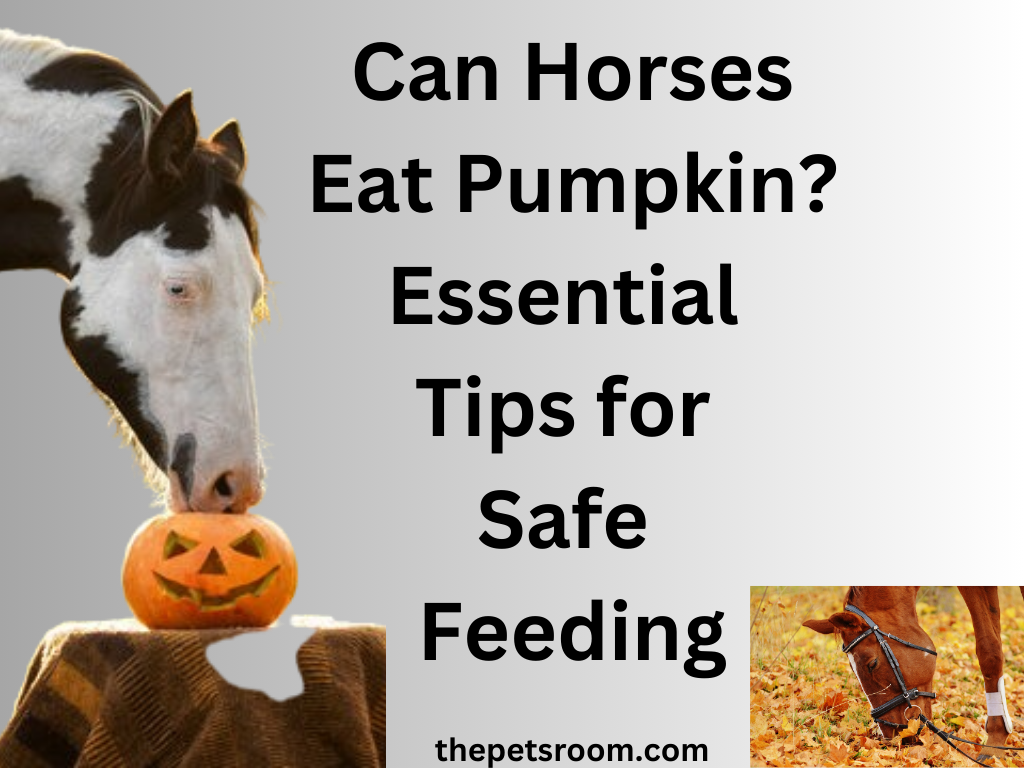



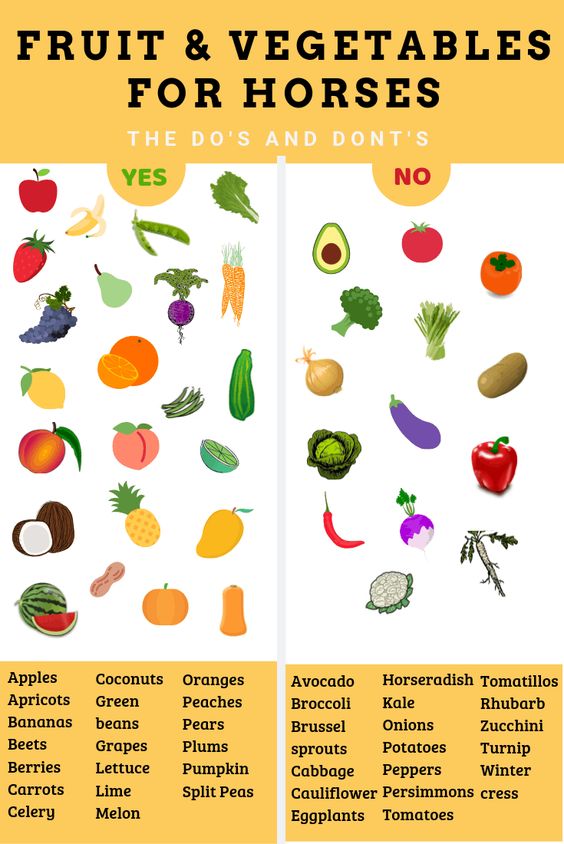

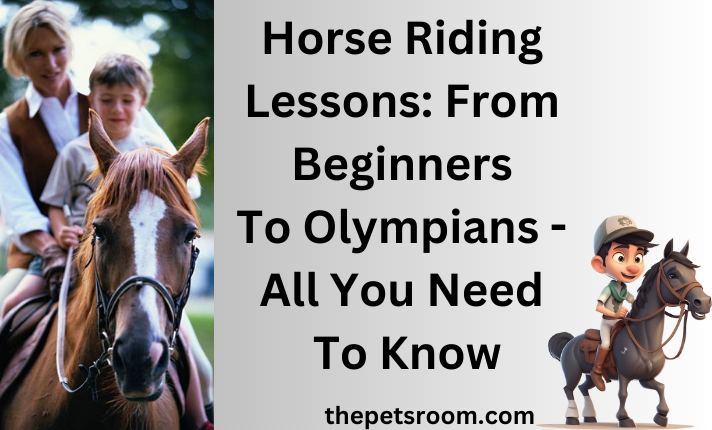
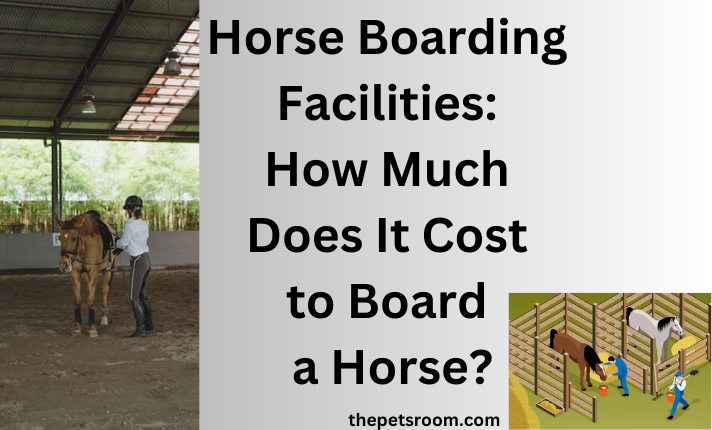
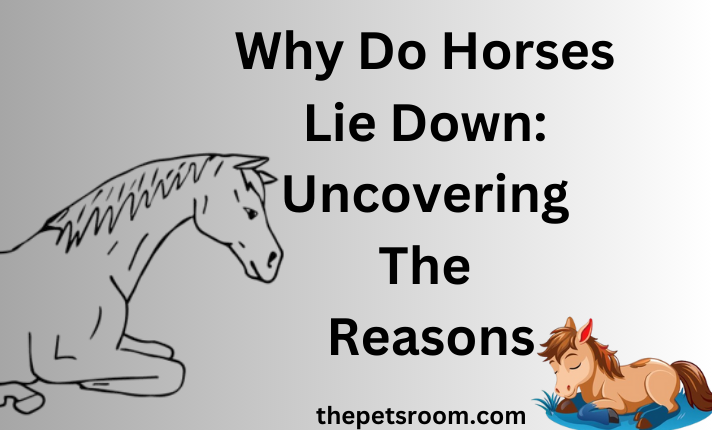
Tech to Trick This is my first time pay a quick visit at here and i am really happy to read everthing at one place